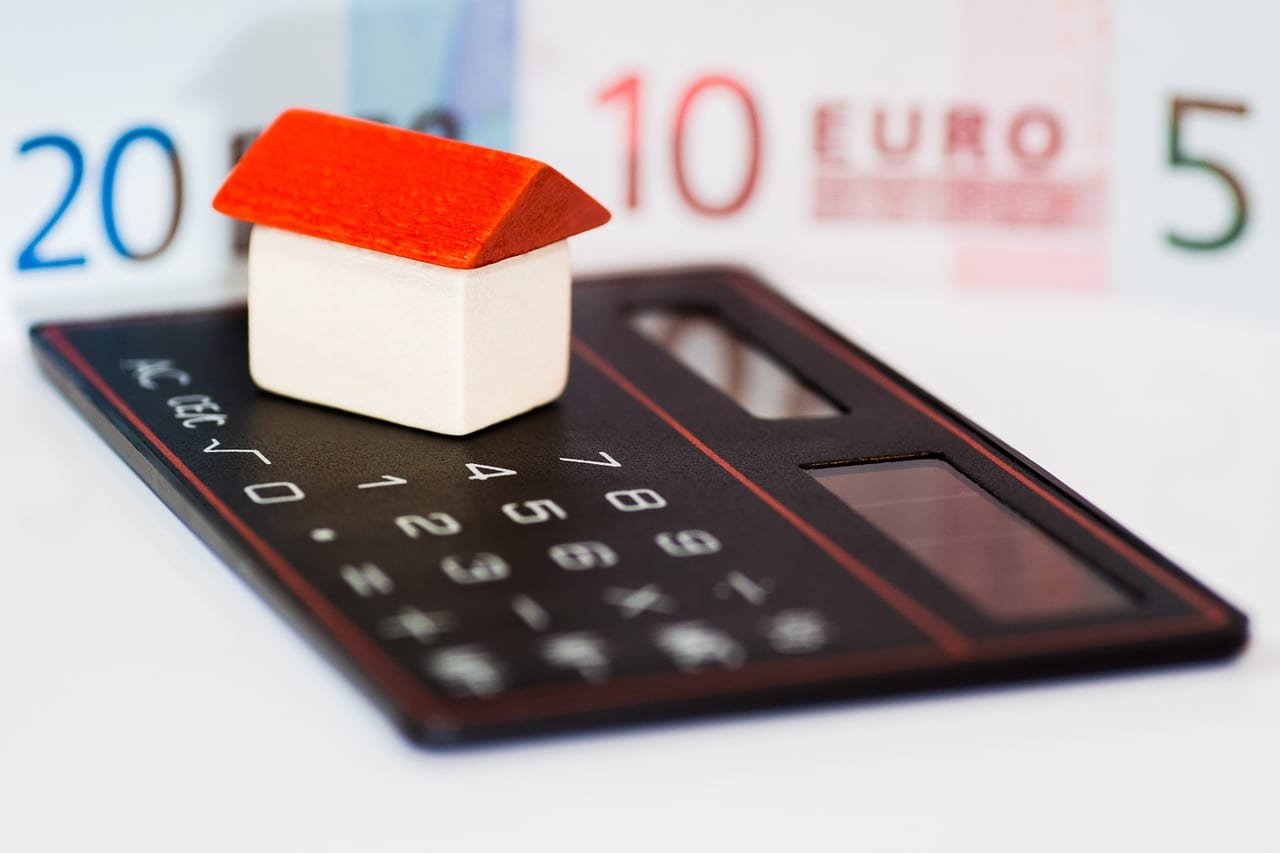As you may know, a reverse mortgage is a type of loan you can get if you are 62 or older to help you financially during your retirement. However, that may be one of the only aspects of reverse loans that is clear to you. The terminology associated with these types of home loans can often be confusing. Here are some insights into what certain words associated with reverse mortgages really mean and other useful reverse mortgage information.
What is the Reverse Mortgage Itself and How is it Different from a Standard Mortgage?
The first term you need to understand relating to reverse mortgages is “reverse mortgage.” To understand what it is, you must first understand how standard home loans work. When you take out a traditional loan, you have to pay portions of it back over a set period of time. A reverse mortgage is also known as a retirement home loan because you can only apply for it if you are at least 62 years of age. It is different from a standard mortgage because it has no set repayment period. There is also no requirement to pay parts of it back on a particular schedule as time passes.
The main benefit of a reverse loan is you do not have to pay it back right away. In fact, the loan will be extended for as long as you continue to both own and live in your home. That means you can use the money any way you want without worrying about paying any of it back in the near future. That can take the stress of having a limited retirement income off of you and allow you to relax more.

image4you / Pixabay
What Does the Term “Home Equity Conversion Mortgage” Mean?
Another term you will hear often when exploring reverse loan options is “home equity conversion mortgage,” or “HECM.” An HECM is the same as a reverse mortgage except for one thing. A private reverse mortgage lender will typically refer to the loan as a reverse mortgage. The term “HECM” will most often be used by government agencies offering retirement home loans. Therefore, if you want a government regulated loan, you will probably be applying for an HECM.
What is Reverse Mortgage Calculation and How Does it Work?
When applying for a reverse mortgage, the amount you can borrow must be calculated. That is done using a reverse mortgage calculator tool. The tool is necessary because there are many factors that determine your current home equity. Also, the use of a mortgage calculator takes into account the legal limitations placed on the amount of home equity that can be loaned. The law only allows a certain percentage to be borrowed, which is subject to change. Your lender can use the tool to give you an accurate idea of how much you can borrow.
What Does Home Equity Mean in Relation to Reverse Mortgages?
You will hear the term “home equity” a lot when you are considering getting a reverse mortgage. Home equity simply means the total value of your home according to current market standards at the time of your loan application. However, determining your home equity can sometimes be complicated, especially if you already have a current home loan. Your reverse mortgage lender can help you determine what your home equity is.













